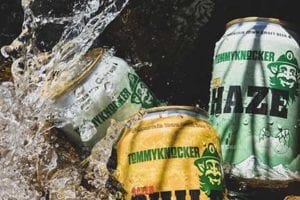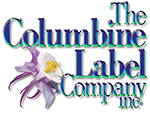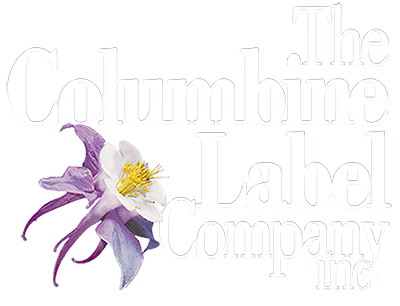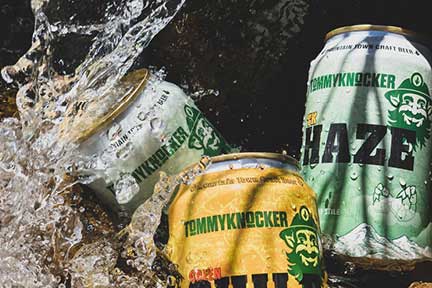 Imagine pouring thousands of dollars and hours into developing, manufacturing, branding, and labeling a product only to have the label degrade—or worse, fall off—during use because it didn’t have proper waterproof or water-resistant labels designed to stand up to exposure to water, oils, other liquids, humidity, sweat, even various levels of moisture.
Imagine pouring thousands of dollars and hours into developing, manufacturing, branding, and labeling a product only to have the label degrade—or worse, fall off—during use because it didn’t have proper waterproof or water-resistant labels designed to stand up to exposure to water, oils, other liquids, humidity, sweat, even various levels of moisture.
It’s a scenario all too real for manufacturers of consumer packaged goods whose product contains liquids or comes into contact with water or other moisture-based conditions during storage or use, such as water bottles and other beverage containers or health and beauty products.
When a label fails, the damage is done – not only to the product but also to the brand’s image and the customer’s perception. Additionally, vital information on a label could be compromised if the label begins to peel or falls off completely.
The best protection is a custom label that is waterproof or water-resistant. But which one is the right one to use?
Waterproof Labels
Labels designated “waterproof” means they are fully protected against water and potential water damage. These highly durable labels are constructed of substrate materials and adhesives designed specifically to withstand consistent and heavy exposure to water and other moisture-related conditions. Think of bottles of beer or water submerged in an icy cooler, a wine bottle chilling in an ice bucket, or bottles of hair and skincare products lined up in a steamy shower day after day.
Water-resistant Labels
Water-resistant labels also stand up to moisture, but to a much lesser degree of exposure. These labels are designed to repel water and oil-based liquid (often present in the product itself) while still maintaining label integrity. They are best for products that will come into limited contact with moisture, such as food products sold in jar containers.
Label Material Choices
Typically, the choices for water-resistant and waterproof labels fall into two categories: paper and film. Paper is an economical option, but even stocks with higher wet strength or combined with an overlaminate will eventually become saturated and fall apart when exposed to water.
On the other hand, custom product labels printed on polypropylene film stock are inherently designed to stand up to liquids. When these high-strength labels are paired with a water- and oil-resistant laminate, they provide long-term durability and performance immune to peeling, curling, or fading in the face of water, oil or liquid.
Adhesives Options
Equally important in the waterproof vs. water-resistant label decision-making process is the label adhesive. If the label sticks, the product information, and branding will not be compromised. There are many strong, moisture-resistant label adhesives on the market today formulated to withstand a full range of water and liquid exposure and remain adhered to the bottle, jar, or another product container. An experienced print provider can help choose the right one. At the risk of stating the obvious, labels with removable adhesive are an ill-advised option for products that will be exposed to any environment involving water or other liquids.
Choose Wisely
It should come as no surprise, that custom waterproof labels typically cost more to produce than water-resistant labels. But it all comes down to this: know your product. A careful assessment of the product’s contents, storage, and use will serve as an important guide to making the right decision on which type of label to use. If there’s a high probability that the bottle, can, jar or container will be subjected to heavy and repeated exposure to water, waterproof custom product labels are the clear winner. Water-resistant labels do the job for just about anything else.
Ask the experts
To stem the tide of any water damage to your product or brand reputation, contact Columbine Label Company for a free quote and consultation on the right waterproof/water-resistant custom product labels for your needs.


